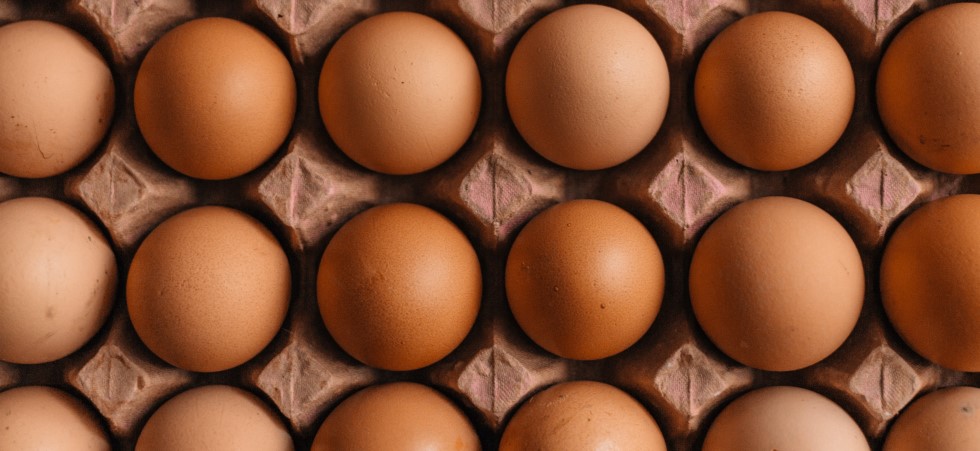Defra has announced proposed changes to egg labelling rules in England and Scotland, which seek to enable free-range eggs to continue be labelled as such throughout mandatory housing measures.
The proposals for England and Scotland will amend regulations to remove the ‘derogation’ period (subject to an eight-week consultation), meaning that free-range eggs can stay labelled as such throughout mandatory housing measures.
Current legislation states that when mandatory housing measures are introduced, eggs from free-range birds may continue to be labelled as ‘free-range’ for 16 weeks – the existing ‘derogation’ period under the Egg Marketing Standards Regulations. After that period, these eggs must then be labelled as barn eggs.
Defra said the proposals “aim to cut unnecessary red tape and costs” for British producers while also “strengthening supply chains” and helping deliver the Government’s commitment to continue to produce at least 60% of the food we eat in the UK. It stated that in 2021/22 and 2022/23, the 16-week derogation period was exceeded, which led to “significant costs for industry” as egg packaging had to be changed to comply with legislation.
Farming Minister Mark Spencer said: “We understand the pressures bird flu outbreaks place on our poultry and egg producers, which is why we continue to prioritise ways to support the industry during outbreaks of this disease.
“I encourage all those with an interest to take part in this consultation to ensure that our free-range industry continues to thrive in years to come.”
Chief executive of the British Egg Industry Council, Gary Ford said: “With the vast majority of eggs produced in the UK meeting free-range standards, the sector is very important to both British consumers and farmers. BEIC has been calling for an amendment to the egg marketing legislation to ensure that our free-range egg farmers can remain competitive and continue to provide British consumers with free-range eggs.
“This has become increasingly important due to the unprecedented levels of Avian influenza in recent years. The changes are essential to ensure a long-term future for British free-range eggs, which we know consumers want, and we strongly support the consultation.”
Chief executive of British Free Range Egg Producers Association, Robert Gooch said: “The British Free Range Egg Producers Association (BFREPA) is delighted that producers should be able to protect their hens from the risk of bird flu by housing their hens in accordance with Government requirements without having to relabel their eggs, as a result of this consultation. It would also align the free-range egg marketing rules with the European Union, which is important as it means that British producers will be on a level playing field with European farmers.”
The consultation will run from Tuesday 9th January until Tuesday 5th March.









